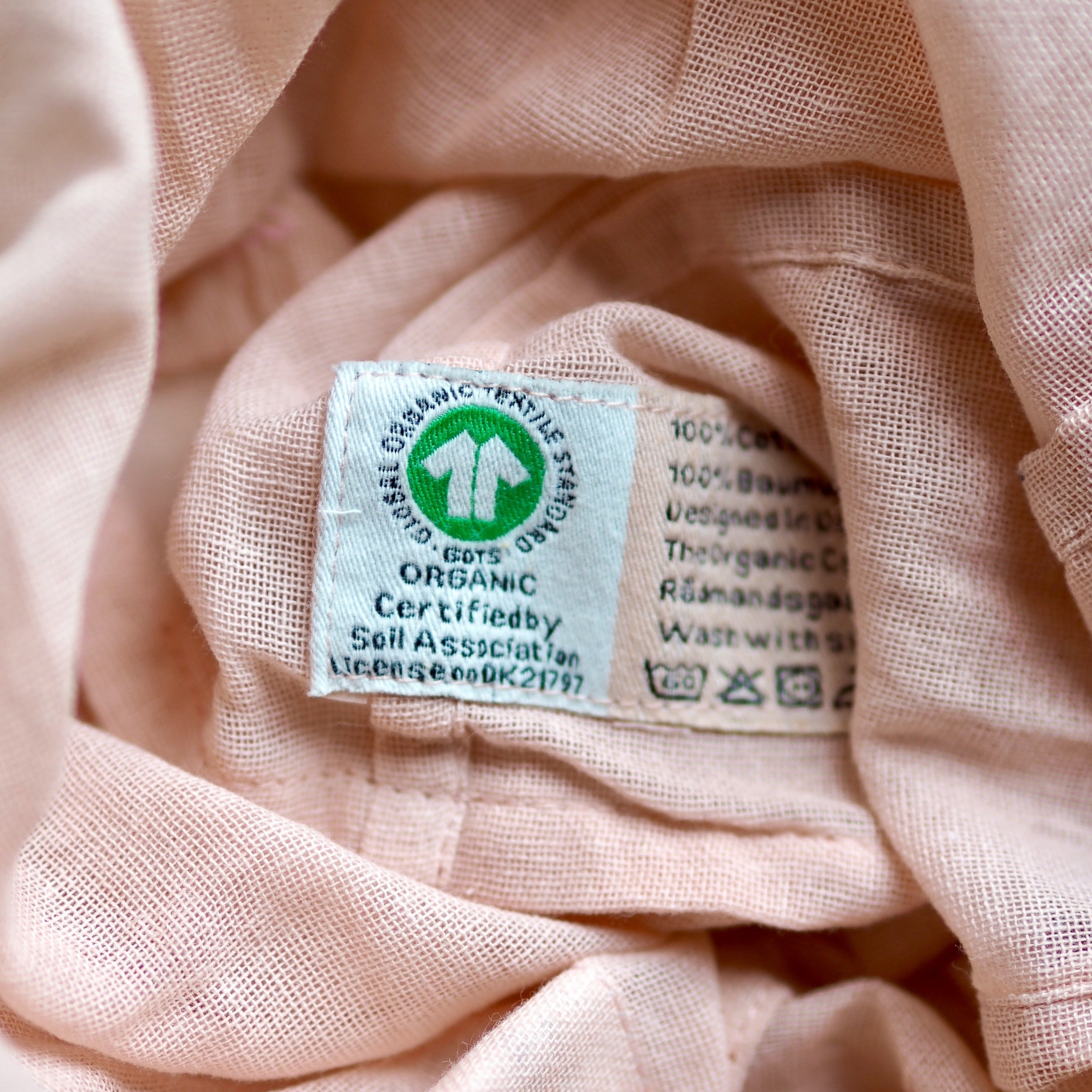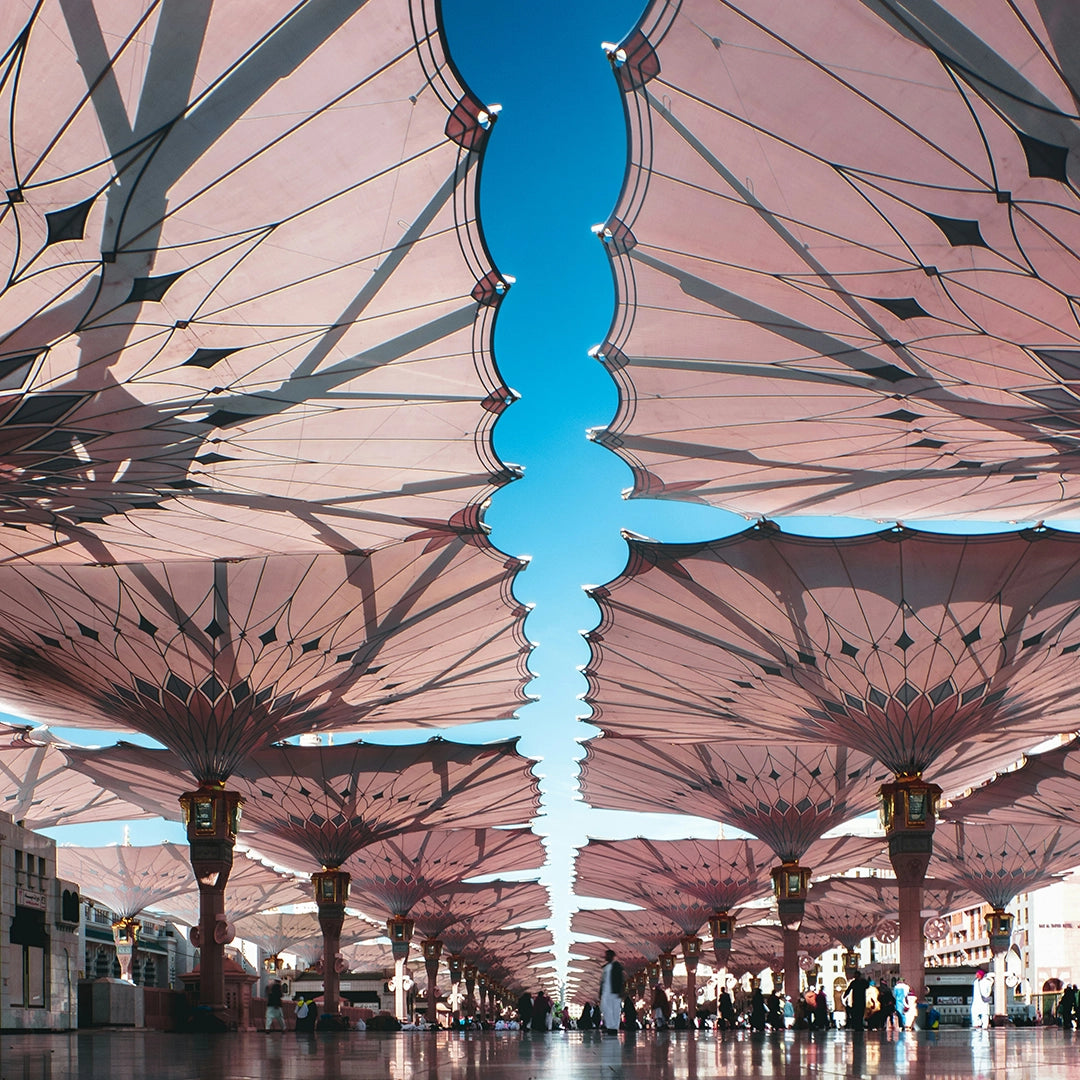Ethical Fashion Starts with Workers' Rights
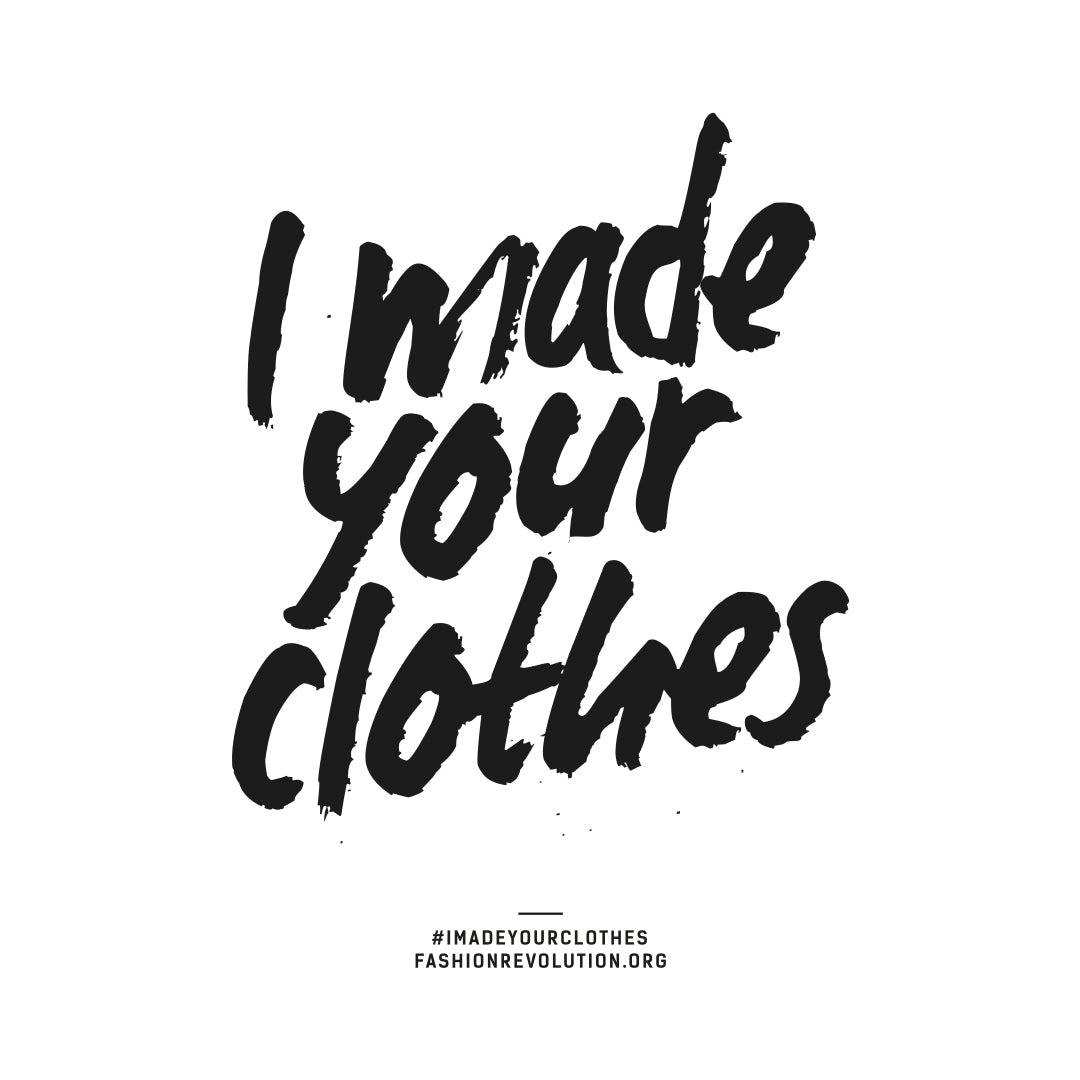
When sustainable fashion is discussed in the media, the focus tends to orbit around environmental concerns, such as the carbon footprint, water usage, and the impacts of toxic chemicals. Undoubtedly, these are pivotal issues demanding attention and reform. But, in the pursuit of greener practices, the human element often fades into the background. It's time to shine a light on the individuals behind the seams – the garment workers – and the unacceptable challenges they face within the industry.
Workers' Rights: The Other Side of The Fashion Revolution
At the heart of the matter lie the workers' rights, an issue frequently overshadowed by the environmental side of the conversation. The enormous demand for fast fashion has created a reality for workers based around harsh conditions, such as excessive working hours, unsafe practices and dangerous workplaces. The exploitation of garment workers involves pay too, with factories generally paying a minimal amount to workers which cannot be considered anywhere close to a reasonable living wage. In worst case scenarios, the abuse of workers in the fast fashion industry extends to child labour and forced labour, perpetuating cycles of poverty and vulnerability.
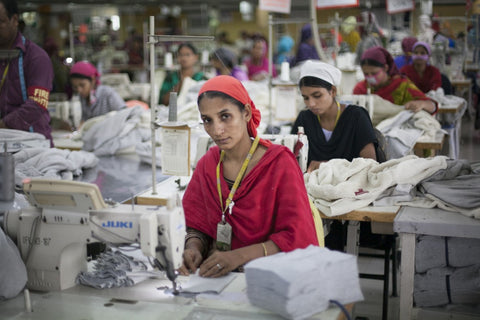
Occupational Hazards
Consider the garment factories dotting the landscapes of developing countries. While these facilities churn out clothing at breakneck speeds to satisfy consumer demand, the workers within face dire circumstances. From Bangladesh to Cambodia, tales of garment workers enduring hazardous conditions are all too common. Cramped spaces, poor ventilation, and exposure to harmful chemicals pose significant health risks. The tragic collapse of the Rana Plaza factory in Bangladesh in 2013 where over 1,100 people died stands as a haunting reminder of the human cost of fast fashion's relentless pursuit of profit.
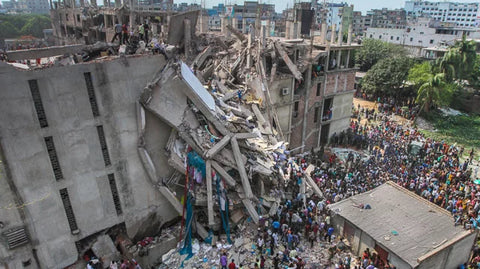
Image source: Dhaka Tribune
Poor Living Standards
As a result of receiving such meagre wages, workers are often coping with unacceptable living conditions outside of factory life. In many instances, families working in fast fashion production reside in overcrowded slums, lacking access to basic amenities like clean water and sanitation. The interplay between low wages and high living costs perpetuates a cycle of poverty, trapping workers in a relentless struggle for survival.
Despite the grim realities they face, the voices of garment workers are frequently marginalised in discussions surrounding sustainable fashion. Conversations tend to prioritise environmental issues, relegating human rights concerns to the periphery. This oversight not only undermines the dignity of these individuals but also impedes progress towards a truly sustainable industry.
Changing The Narrative
Addressing the injustices embedded within the fashion supply chain requires a holistic approach that places equal emphasis on both environmental sustainability and human rights. Initiatives aimed at improving transparency and accountability are crucial in holding brands accountable for their practices. By fostering greater transparency, consumers can make informed choices, opting to support brands like ours that prioritise ethical production.
Additionally, empowering garment workers through collective bargaining and advocacy efforts is paramount. Organisations such as the Clean Clothes Campaign and Fashion Revolution play a pivotal role in amplifying the voices of workers and advocating for systemic change within the industry. Through concerted action and pressure, fashion brands currently failing their workforce can be directed to work towards establishing fair labour practices and ensuring dignified working conditions for all.
As consumers, we too must collectively strive for change to force the industry towards positive change. It's time to shift the spotlight and honour the dignity of every individual who contributes to the garments we wear.
We’d love to hear your thoughts on this month’s blog post. Do you agree that garment workers are typically marginalised in the conversation about fast fashion? You can get in touch with us any time on social media or by email.
Please don't forget to take a look at these links:
https://vinosupraja.com/pages/the-label-ethical-fashion-team-of-vinosupraja
http://www.fashionrevolution.org/
https://cleanclothes.org/about
Follow us on Facebook and Instagram to stay up to date with the latest in eco-friendly, organic and ethical fashion from Vino Supraja.


